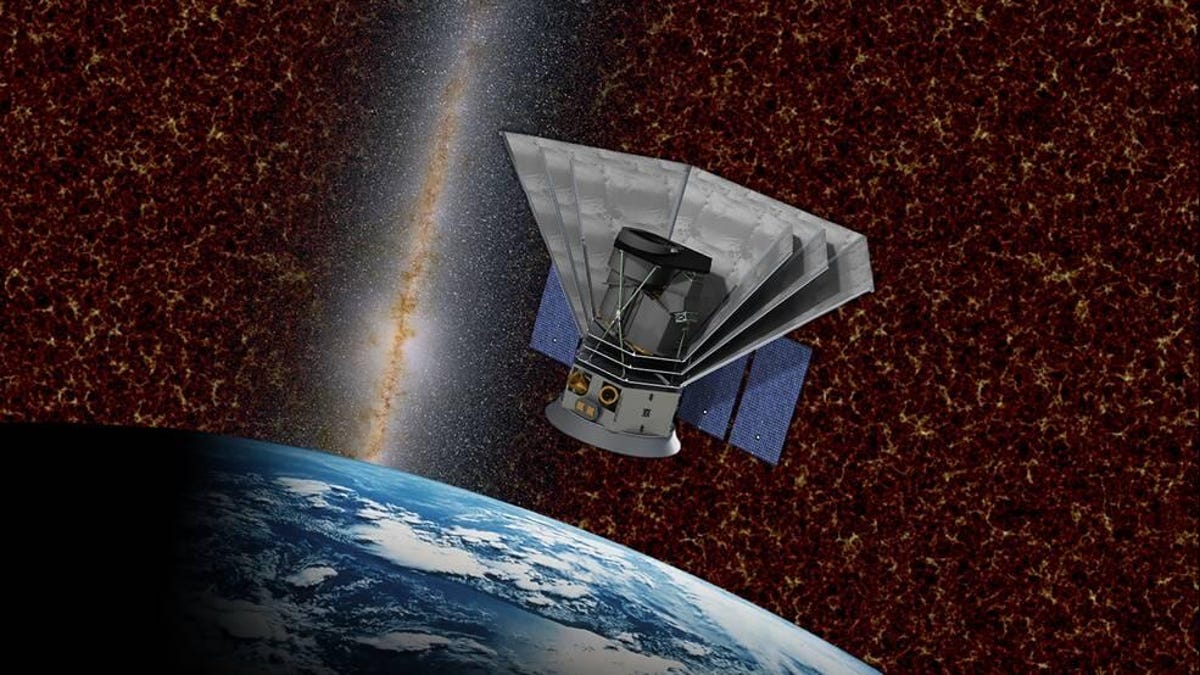NASA chooses SpaceX to launch $99M astrophysics mission
Spherex is slated to take off as soon as June 2024.

Spherex will hopefully help astronomers understand the evolution of the universe, while also searching for water and organic molecules.
NASA has chosen SpaceX to provide launch services for its upcoming two-year astrophysics mission slated to kick off in June of 2024, the agency said in a Thursday release. The mission is dubbed Spherex, which stands for Spectro-Photometer for the History of the Universe, Epoch of Reionization, and Ices Explorer. Its goal is to "survey the sky in the near-infrared light," which could then help answer questions about the birth of the universe and the development of galaxies.
SPHEREx will also look for water and organic molecules in areas where stars are formed from gas and dust, "as well as disks around stars where new planets could be forming," NASA says. The mission will allow astronomers to collect data on more than 300 million galaxies, and more than 100 million stars in the Milky Way.
The mission, which costs around $98.8 million to launch, will take off on a Falcon 9 rocket from Space Launch Complex-4E at Vandenberg Air Force Base in California.
See also: NASA's next mission will look at 'fingerprints' of the early universe

